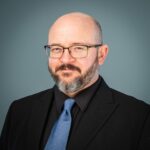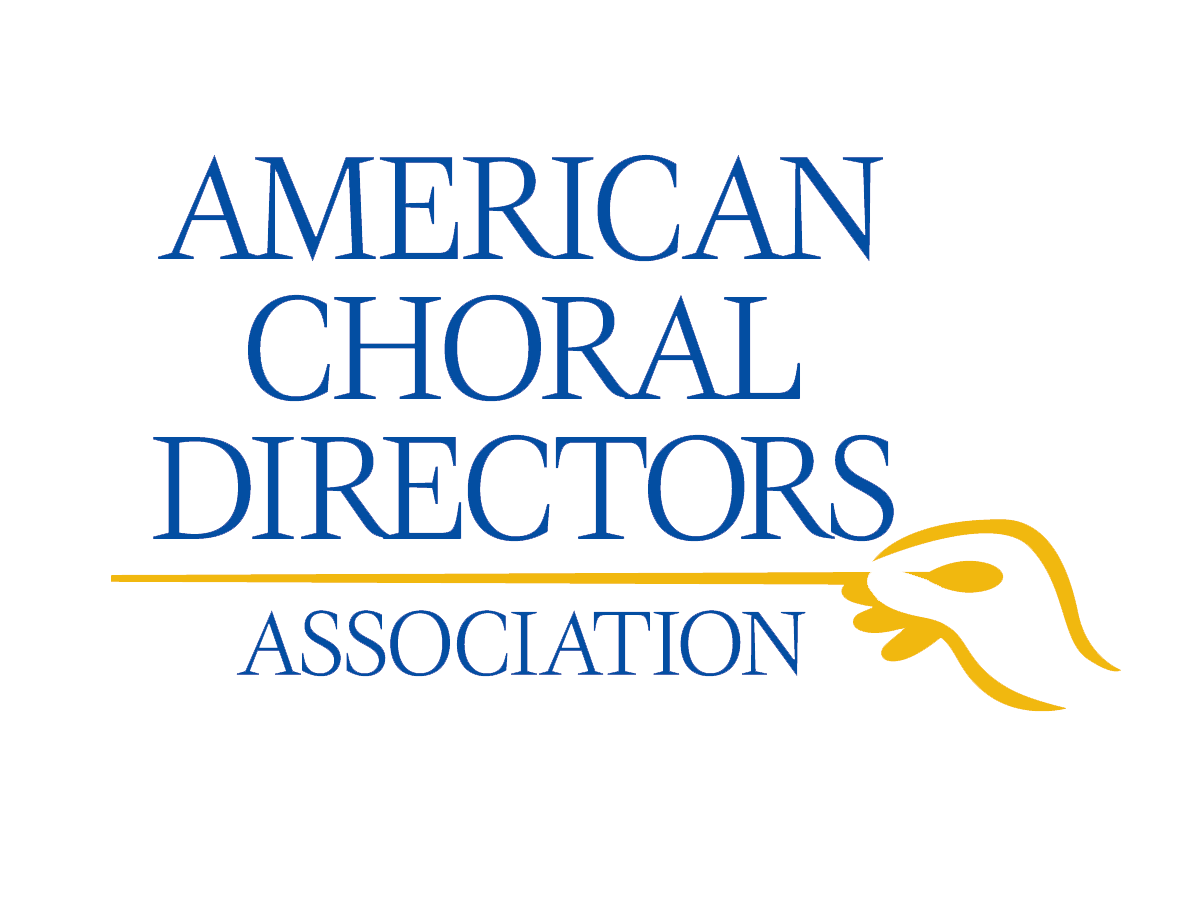Voice changes due to fatigue, overuse, aging, illness, and injury can be both physically and psychologically debilitating. A growing body of research suggests that individuals throughout the choral music profession will inevitably face moments where they must reckon with “a voice problem” which impacts themselves or someone they work with. Multiple studies have shown the incidence rate of reported dysphonia among singers is at least 40%¹ and at least 60%² among vocal music teachers. In this session, attendees will learn practical ways to optimize voice health for both choral directors and choral singers as well as the best steps to take when you as a director, or one of your singers is in crisis. Led by a licensed speech language pathologist and singing voice therapist who has extensive experience working with choral directors and professional singers, “Building a Better Voice Care Toolkit” will help attendees demystify dysphonia and learn about current best practices in the diagnosis and care of the professional voice user. The session will cover both proactive and reactive approaches to voice care, including an overview of strategies to optimize vocal workload and working environments, review of evidence-based “best practices” for general voice health, and discussion of effective approaches to increase awareness and support for the prioritization of voice health. Training in and guided group practice of several voice-optimization exercises for both speaking and singing will follow. Prepared remarks will include strategies for assessing when to seek help from a medical specialist and “how to choose the right ENT,” and time will be left in the session for brief Q & A. Attendees will learn practical ways to advocate for themselves, educate others, and implement strategies to optimize healthy voice use. __________________ 1. Pestana, Pedro Melo et al. “Prevalence of Voice Disorders in Singers: Systematic Review and Meta-Analysis.” Journal of voice : official journal of the Voice Foundation vol. 31,6 (2017): 722-727. doi:10.1016/j.jvoice.2017.02.010
2. Szymanowskl, Adam R; Borst, Katherine Streitel; Sataloff, Robert T. “Voice Disorders in Teachers: Examining the Problem and Evaluating Prevention” Journal of Singing; Vol. 71, Iss. 2, (Nov/Dec 2014): 201-206.



